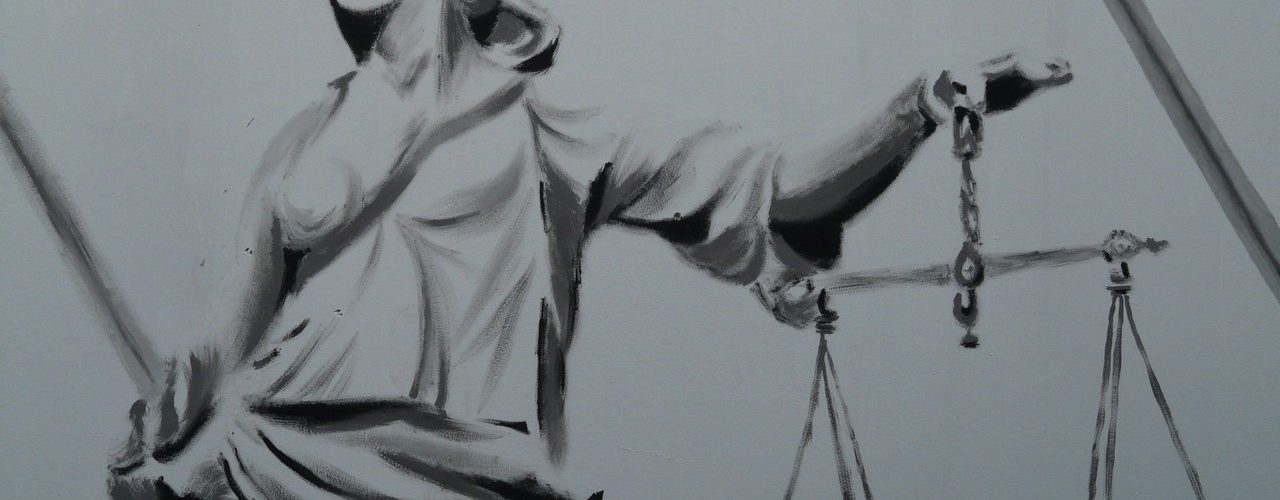On luly 4, 2013, the ECJ issued its decision in the case C-572/11 (Menidzherski biznes reshenia).
Context: Directive 2006/112 / EC – VAT – Right to deduct – Waiver – Tax indicated on the invoice – Actual supply of taxable goods – No – Proof – Principles of fiscal neutrality and protection of legitimate expectations
Article in the EU VAT Directive
Articles 168(a), 203 of the VAT Directive 2006/112/EC
Article 168 (Right to deduct VAT)
In so far as the goods and services are used for the purposes of the taxed transactions of a taxable person, the taxable person shall be entitled, in the Member State in which he carries
out these transactions, to deduct the following from the VAT which he is liable to pay:
(a) the VAT due or paid in that Member State in respect of supplies to him of goods or services, carried out or to be carried out by another taxable person;
Article 203 (Persons liable for payment of VAT to the tax authorities)
VAT shall be payable by any person who enters the VAT on an invoice.
Facts
- In May 2010, the ICB was audited, during which the Bulgarian tax authorities carried out a cross-check of one of its suppliers – “2 Trade” Ltd. (hereinafter “2 Trade”); as a result of the verification, they found that since the deliveries covered by the invoices issued by 2 Trade in December 2008 and March and July 2009 could not be established beyond doubt, the deliveries were fictitious and only the presence of the invoices does not give grounds for deduction in the form of a tax credit of the VAT indicated in them.
- Therefore, following the completion of the audit by an audit act of 3 January 2011, the tax authorities denied the IBR the right to deduct in the form of a tax credit on the VAT referred to in the invoices mentioned above.
- IBR administratively appealed the revision act of 3 January 2011 to the Director of the Appeals and Enforcement Management Directorate – Veliko Tarnovo, at the Central Office of the National Revenue Agency, who confirmed by a decision of 10 March 2011 act.
- Consequently, the ICB appealed against that act to the referring court.
- In the course of the proceedings, it was established that 2 Trade had been audited, covering the periods at issue in the main proceedings, namely December 2008 and March and July 2009, and that, in the context of that audit. The Bulgarian tax authorities have not established any grounds for adjusting the tax base for the supplies declared by 2 Trade, including the supplies at issue in the main proceedings.
Questions
Is Article 203 in conjunction with Article 168(a) of Council Directive 2006/112/EC of 28 November 2006 on the common system of value added tax to be interpreted, in cases like the main proceedings and having regard to the principles of fiscal neutrality and protection of legitimate expectations, to the effect that a deduction of VAT may be refused, despite the elimination of the risk of any loss in tax revenues, if that risk was eliminated only with respect to the accounting of the VAT shown in a supplier’s invoice with the State Treasury, without the elimination of the risk of loss in tax revenues affecting the actions or intentions of the supplier which resulted in the fraudulent content of an invoice in which the VAT was shown as payable by the supplier
AG Opinion
None
Decision
Article 168 (a) and Article 203 of Council Directive 2006/112/EC of 28 November 2006 on the common system of value added tax and on the principles of fiscal neutrality and the protection of legitimate expectations must be interpreted in meaning that they allow the recipient of an invoice to be denied the right to deduct the value added tax indicated in that invoice where the supplies to which the latter relates have not actually been made, even if the risk of tax losses has been eliminated, on the grounds that that the issuer of the invoice has paid the value added tax indicated in it. The referring court shall, in accordance with national rules on the taking of evidence, make a global assessment of all the facts and circumstances of the dispute before it,
Summary
Article 168(a) and 203 of the VAT Directive, as well as the principle of fiscal neutrality and the principle of the protection of legitimate expectations, allow the person to whom this invoice is issued to be denied the right to deduct the VAT stated on an invoice. where the transactions to which that invoice relates have not actually been carried out, even if there is no risk of loss of tax revenue because the issuer of that invoice has paid the VAT indicated on it.
It is for the referring court to make a global assessment, in accordance with the national rules on the taking of evidence, of all the facts and circumstances of the case before it in order to determine whether that is the case for the acts subject to the main proceedings relevant invoices.
Source:
Similar ECJ cases
Newsletters















